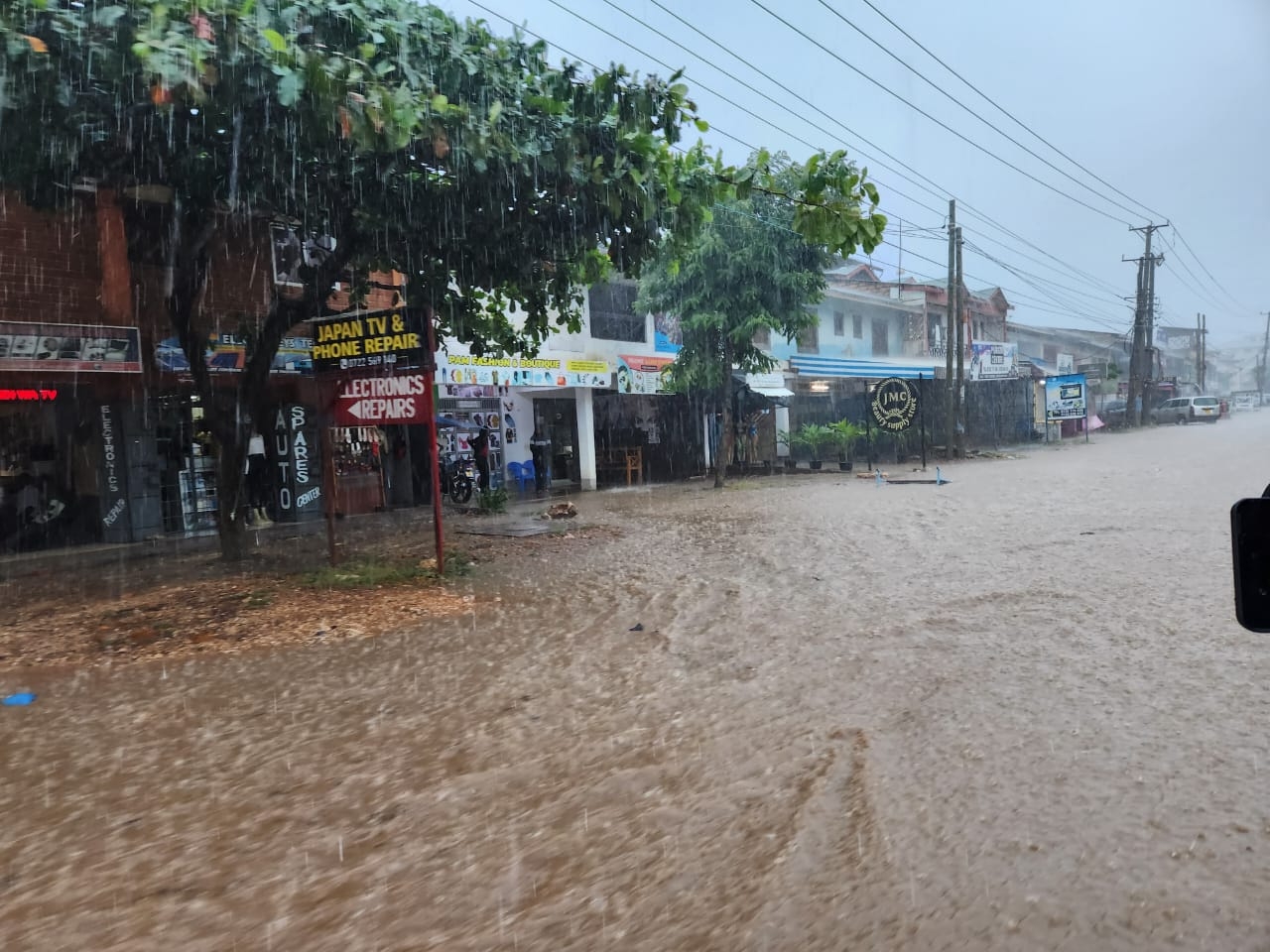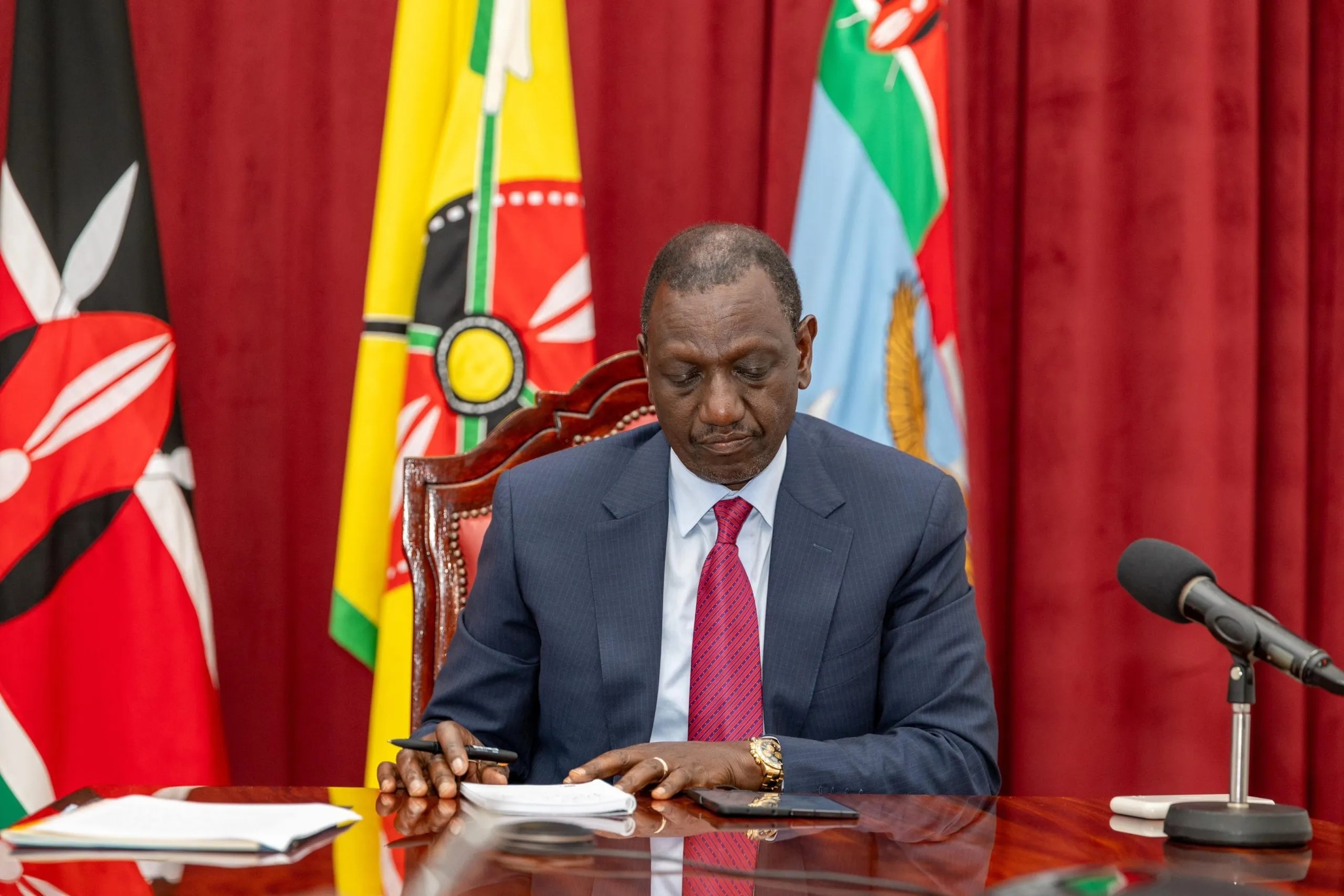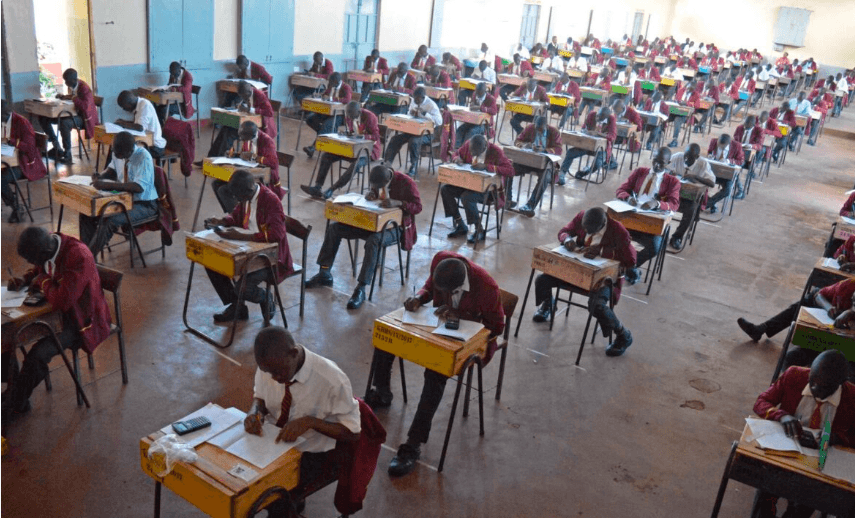Efforts to end Female Genital Mutilation (FGM) have been ongoing since time immemorial in the vast land of Kajiado County.
Residents are now staring at a bright future as they embrace education over illegal cultural norms like FGM and early marriage.
What was earlier believed to be a deeply rooted culture among the Massai Community is being demystified by the communities.
United by a common goal to fight FGM in society, the Maasai community has decided to collectively fight to bring an end to the harmful practice.
The community’s determination has empowered women to speak up and make decisions regarding the future of their daughters.
They have also been equipped with the opportunity to open up on the sleepless nights spent to eradicate the menace.
Esther Sankau from the Noomayianat community in Kajiado speaks on how the community has evolved from decades ago.
She said that women who were not given a chance to make decisions in their families are now the voices of hope for their daughters.
“You know, during our time we did not have a right to voice our opinion on what happens in the society. We were being discriminated against and considered an outcast if you would not follow what the fathers of the house wanted,” she said.
She explained that the community now openly speaks on FGM during women's gatherings and other ceremonies that take place.
Men and women have now united with one common goal; to embrace education for the future.
Stanley Korduni, 45, champions women's rights in his community through advocacy campaigns.
He religiously takes part in conversations that have since brought change to his village.
As a member of Nyumba Kumi in Noomayianat in Kajiado, Korduni has faced challenges due to his decision to fight for the rights of their daughters.
“My children have not been subjected to FGM because I knew one day they would become great people in society. The girls who have undergone FGM under most circumstances will not go back to school because they will be prepared for marriage,” he said.
He said that in most community ceremonies, he is sidelined and is not invited because of his anti-FGM stance.
Those who suffer the consequences are the ones who decline to subject their children to FGM and early marriage.
He said that to end the FGM culture, communities should remain united and create awareness in society.
“Being sidelined does not affect me much because when you don’t invite me to your ceremony, I also have the right not to invite you to mine. There is no way it affects me nowadays,” he said.
Korduni said his firstborn daughter is currently pursuing her education in college while the others are also in school.
He, however, added that creating awareness, especially for the older generation will help to eradicate the menace easily.
Korduni remains hopeful that one day the action of subjecting women to FGM and early child marriage will be long forgotten.
In 2019, Kajiado became the first county in Kenya to develop and launch a policy aimed at ending the FGM menace.
The policy provides the legal framework to fast-track the eradication of the once deeply rooted culture among the Maasai community.
Equality Now organisation advocates for the protection and promotion of the human rights of women and girls.
The organisation, through the End Harmful Practices Project works in Kajiado, Narok and four other counties in a move to protect young girls against cultural norms and help them access education.
Pina Ercolano-Woodward who works with Equality Now at the End Harmful Practices Project said that the country has recorded a decline in FGM.
“Since the enactment of the law, we have seen a reduction in the rates of FGM however, in reality within the communities that practice FGM, it is still ongoing,” she said.
She called on communities to embrace change and denounce the cultural norms destroying the future of the girl child.


















